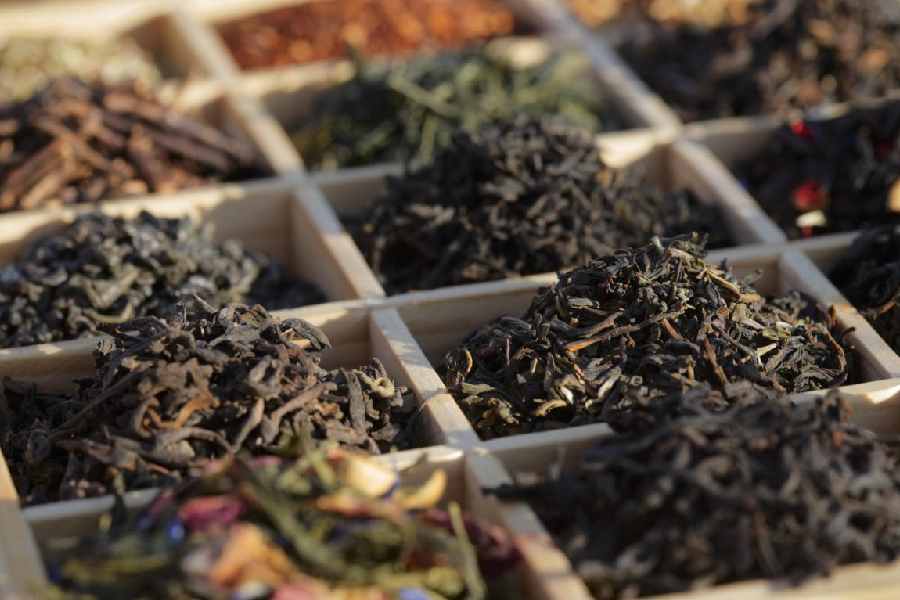A section of north Bengal tea producers, large and small, have demanded a curb on import of Nepal tea during the no-plucking season mandated by the Tea Board later this year.
The last date for plucking/receiving of green leaves for all tea factories has been set at November 30. While the Board is yet to announce the date for resuming the activity , the no-plucking period usually extends for at least two months.
The measure, introduced a few years ago, is aimed to take out poor quality tea produced during the winter months from the domestic market where oversupply of crop has been a bane. A group of north Bengal producers argued that there should be commensurate action on import of tea, especially substandard tea.
“The Tea Board issued the order to control the oversupply situation as well as prevent poor quality tea production. Nepal tea is cheap in quality and price too.
“Some unscrupulous traders, mainly in Siliguri, are regular buyers of Nepal tea, which is blended with Indian varieties. Can the Tea Board prevent this tea from entering India after November 30,” asked Bijoy Gopal Chakraborty, president of the Confederation of Indian Small Tea Growers Association.
Mahendra Bansal, president of Terai Indian Planters Association (TIPA), concurred with Chakraborty.
“Nepal exports both orthodox and CTC to India. While the orthodox variety competes with Darjeeling, the CTC crop competes with the produce of the Dooars and Terai region. Most of the teas are not in compliance with Indian food safety standard. They should not be allowed to be imported to India at any time, let alone in the no-plucking period,” Bansal argued.
About 16 million kg of Nepal tea is imported duty-free to India, according to official numbers. While the volume is small compared with North India’s production of 1156.98 million kg, it affects the Darjeeling segment severely as the volume of orthodox import is almost equal to the hill’s production.











